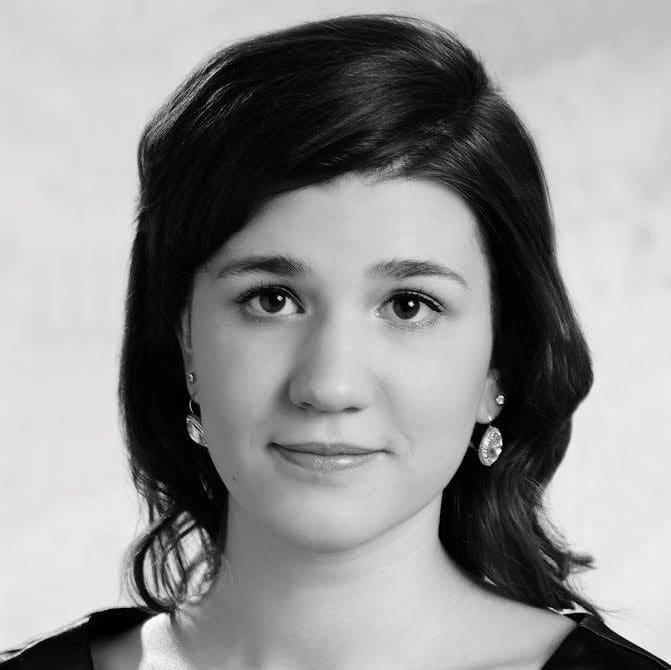




Guaranteeing access to education in their mother tongue to the Hungarian minorities abroad is an important goal of the Hungarian state, to help the preservation of these historical, indigenous communities.
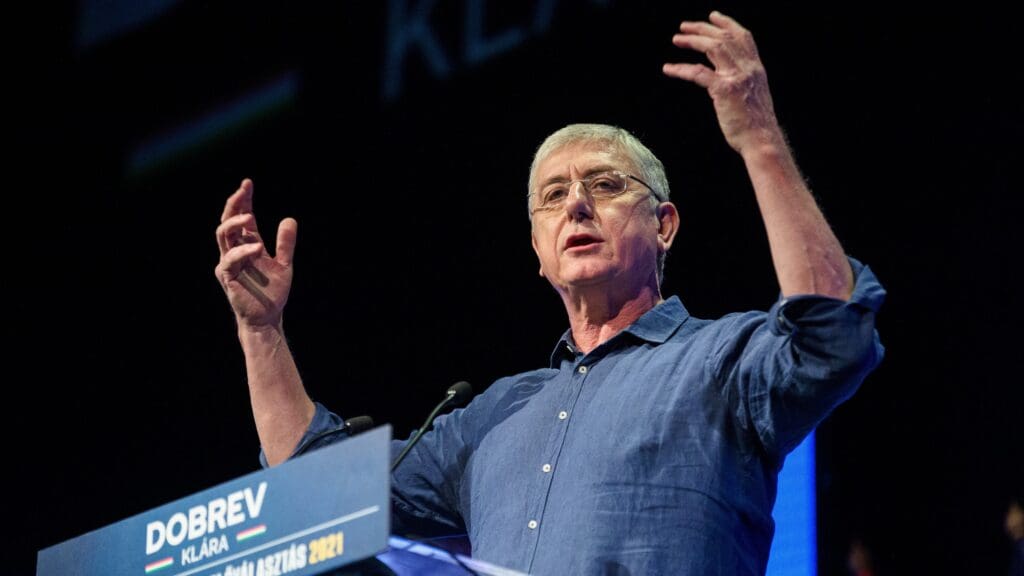
Many politicians from smaller and less successful opposition parties have transferred to DK since the last election in April 2022. The reshuffling of old faces, however, is unlikely to bring more electoral support for DK.

The Busójárás (the ‘Walk of the Busós’) was the first Hungarikum to be inscribed on UNESCO’s World Heritage list in 2009.
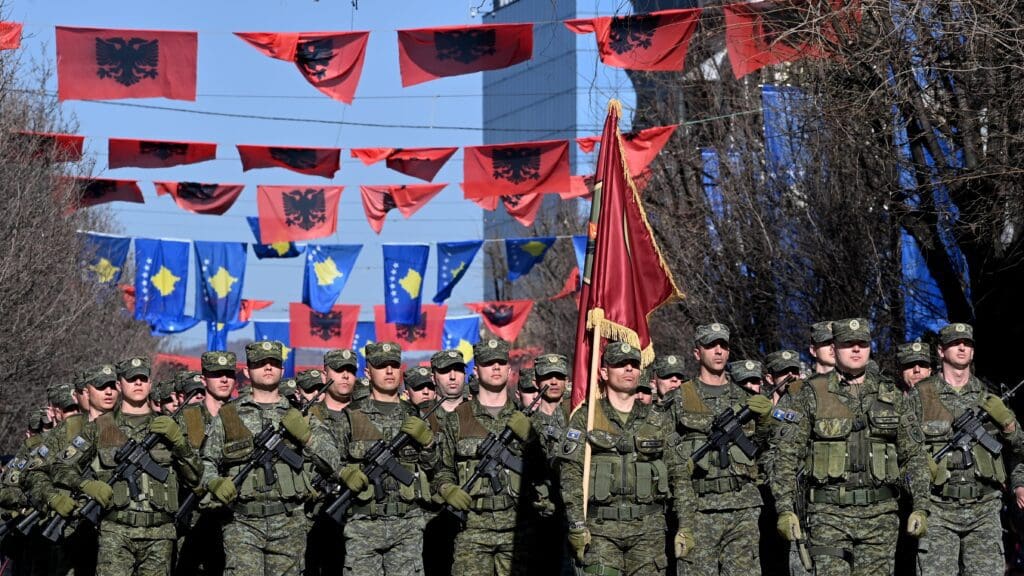
The establishment of the Union of Serbian Municipalities is still a major contention for Kosovo. Should Belgrade and Pristina still be willing to accept a West-backed agreement, the two countries would have official representatives in each other’s capitals.
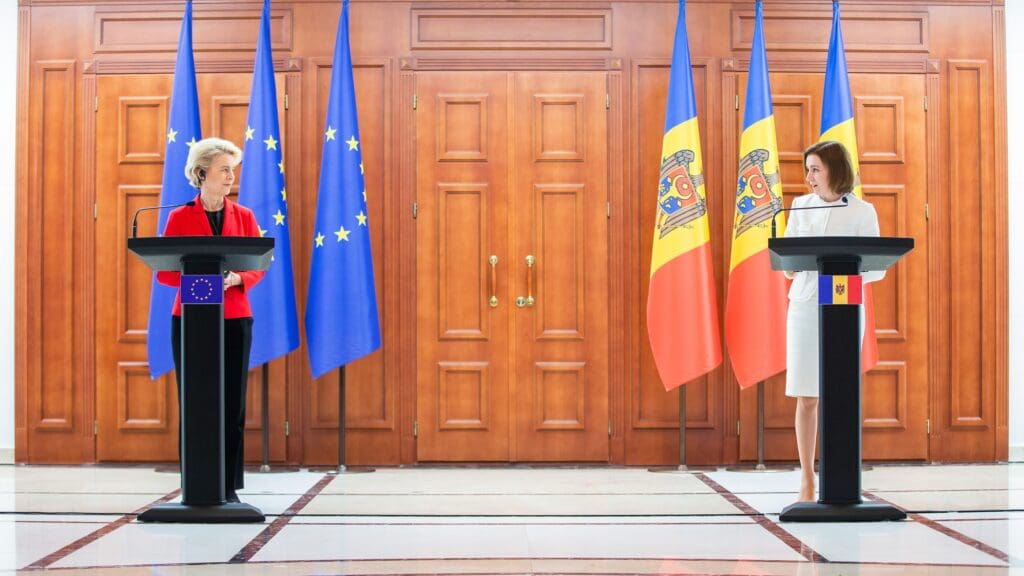
Shortly after the uncovered plot to destabilise Moldova, Russian missiles violated the country’s airspace.
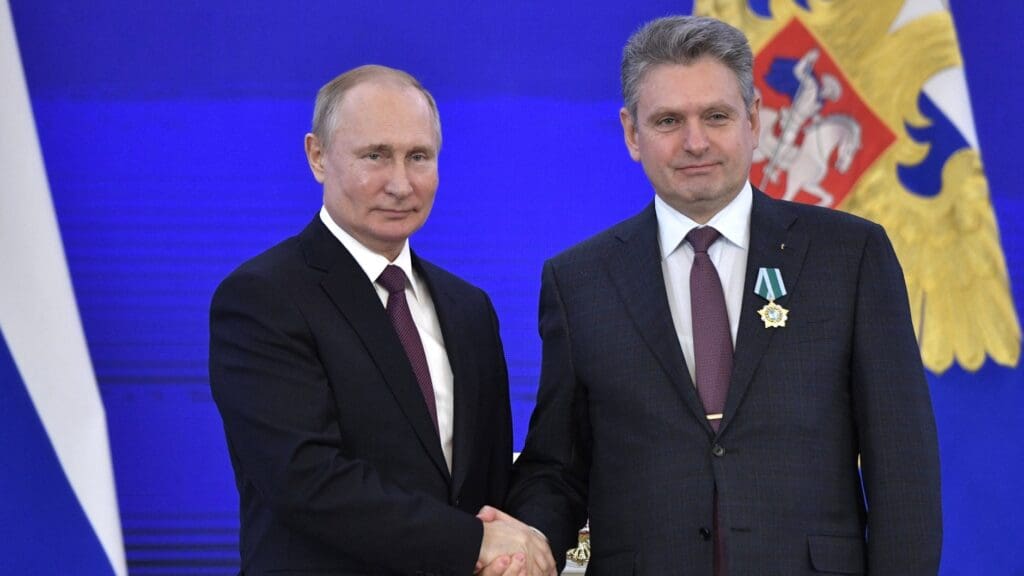
The United States and the United Kingdom recently sanctioned Bulgarian citizens for their alleged abuse of public funds under the Global Magnitsky Act.

Hungarian students boast outstanding achievements at the top universities of the world. Hungarian Conservative spoke to talent grooming institutions Stipendium Peregrinum and Milestone Institute about how they help talented young Hungarians.

Celebrate love in Hungarian nature near the enchanting Ilona Valley Waterfall.
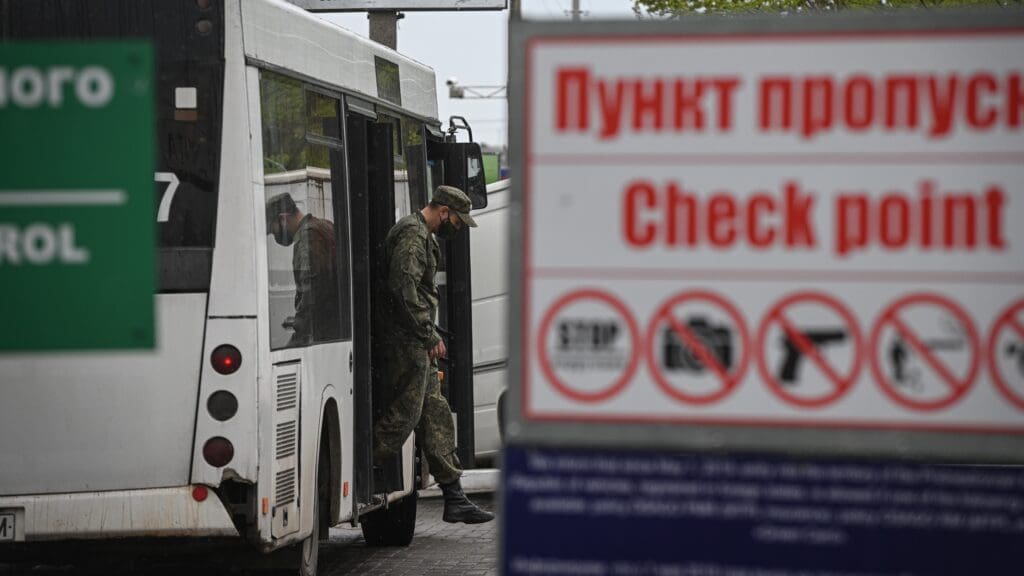
Moldova, the small Eastern European country that has been divided ever since it declared its independence from the USSR in 1991, has now criminalised separatism.
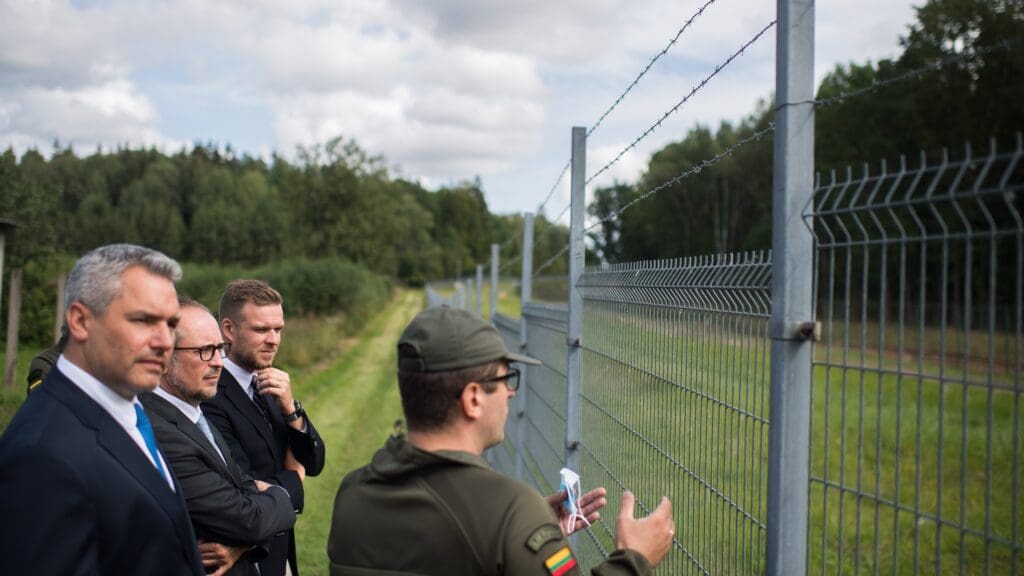
Austria’s Chancellor was the first Western leader to meet with Putin after the invasion. Now, despite strong criticism, Russian representatives were granted visas to Austria to attend the OSCE summit in Vienna in February.

While many Western countries cancelled great Russian masters, Hungary continues to perform and publish the eminent works of European culture.

Up to 40 countries could boycott the Paris Olympics unless Russian and Belarusian athletes are completely banned. The calls for a ban disregard the premise that no one should be discriminated against based on their citizenship.
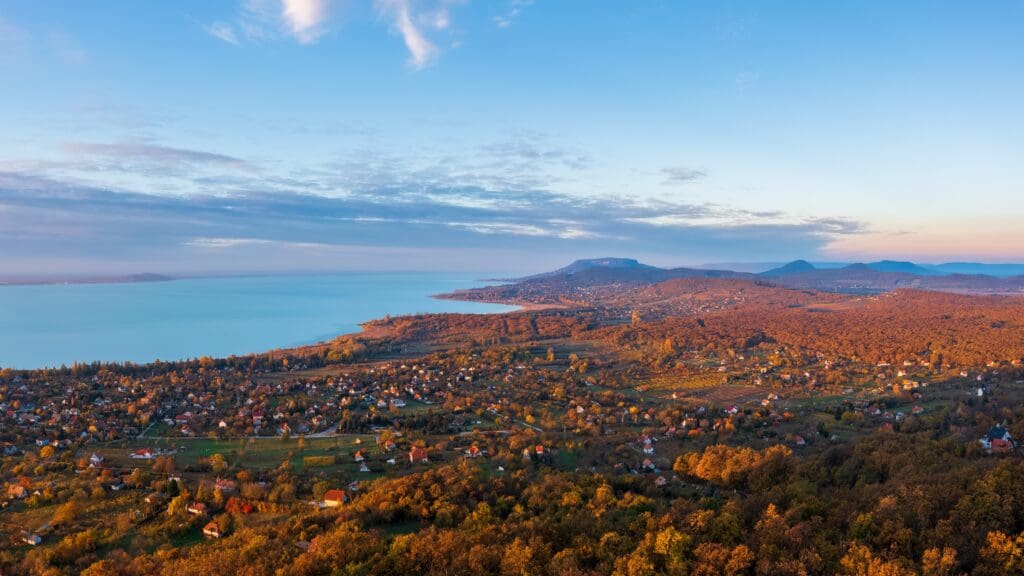
The Balaton Uplands National Park plays an important part in the Veszprém-Balaton project of the European Capital of Culture programmes.
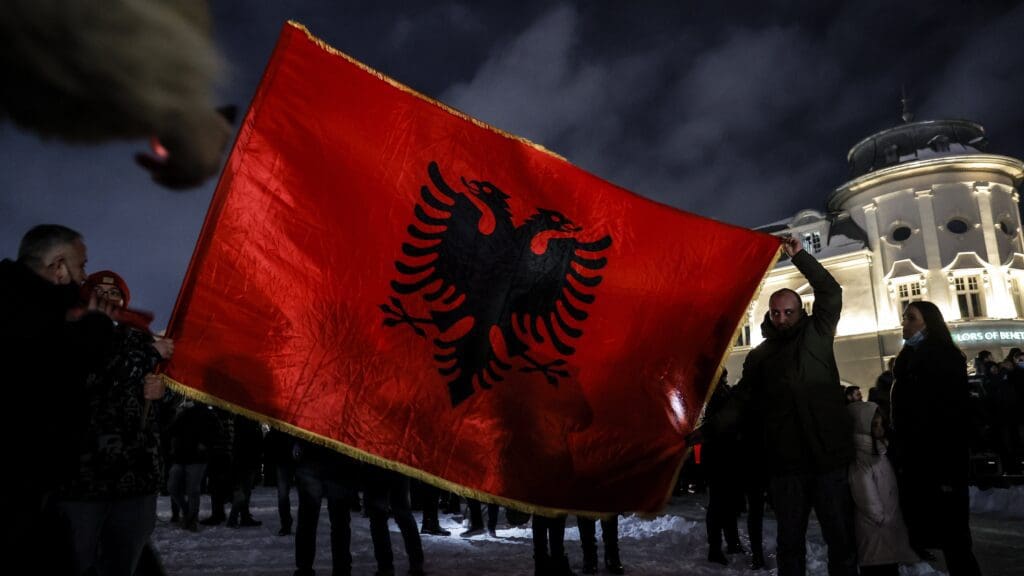
Encouraged internationally but rejected locally—will the Union of Serbian Municipalities be established in Kosovo?

The original syllabus of the now revised African American studies optional course in US high schools described America as a ‘white supremacist capitalist patriarchy’.
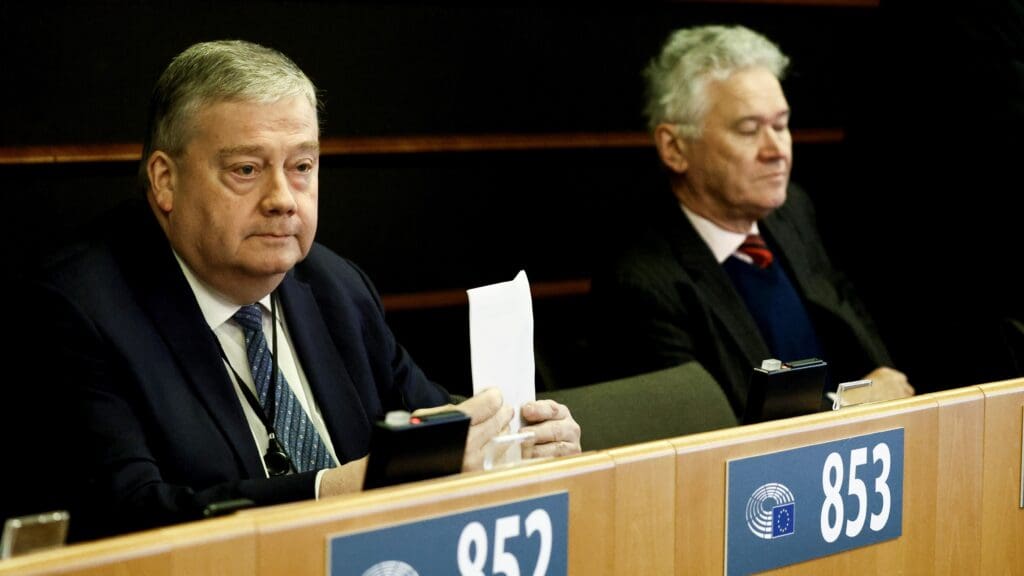
The immunity of two more MEPs has been suspended as Antonio Panzeri, one of the main suspects in the Qatargate scandal, agreed to cooperate with the investigation as part of a plea deal to reduce his sentence.

Ideologies offer a simplified, one-dimensional view of the world. In reality, international relations are determined by a multitude of complex factors, and are often based on pragmatic considerations.

After the Scottish Parliament accepted a new piece of legislation which simplifies the procedure of changing one’s legal gender, the transfer of trans prisoners (from male to female facilities) was paused by the UK Justice Secretary.
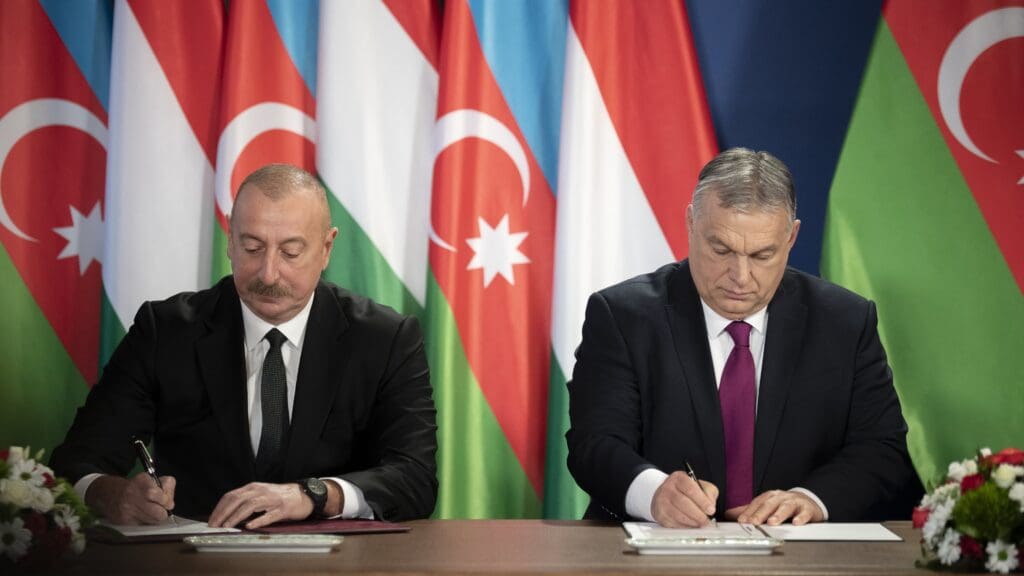
The level of cooperation between Baku and Budapest was raised to the next level this week by the signing of a declaration on enhanced strategic partnership.

The Aggtelek National Park was the first national park in Hungary to be put under protection for its special geological formations—such as its stalactites and stalagmites that can be found in the Park’s large cave system.

Over the last couple of years, Chinese investments have greatly contributed to economic growth in Hungary, in sectors ranging from cargo transport to battery manufacturing.
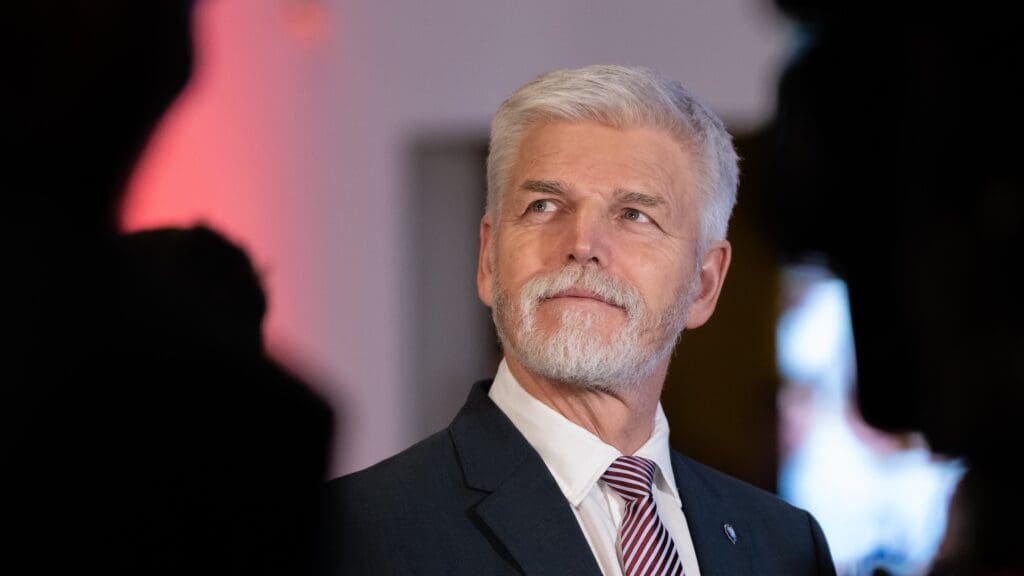
Petr Pavel was elected as the next president of Czechia defeating Andrej Babiš, the former Prime Minister.
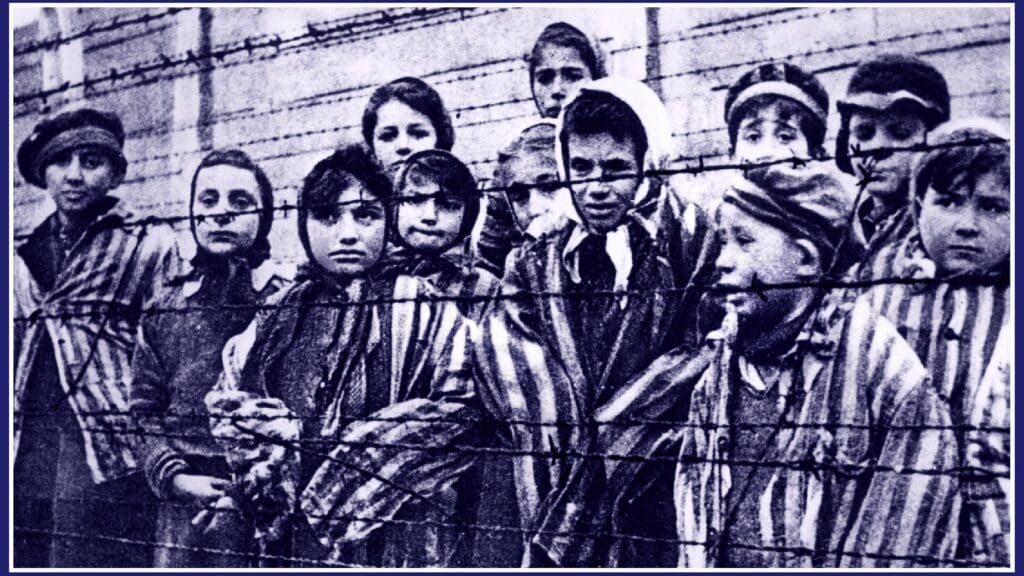
The Auschwitz concentration camp was liberated by the Soviet Red Army on this day in 1945.

Since all of Tate’s views greatly rely on blaming a system that intentionally represses their ‘truth’, censoring them only adds fuel to the fire.
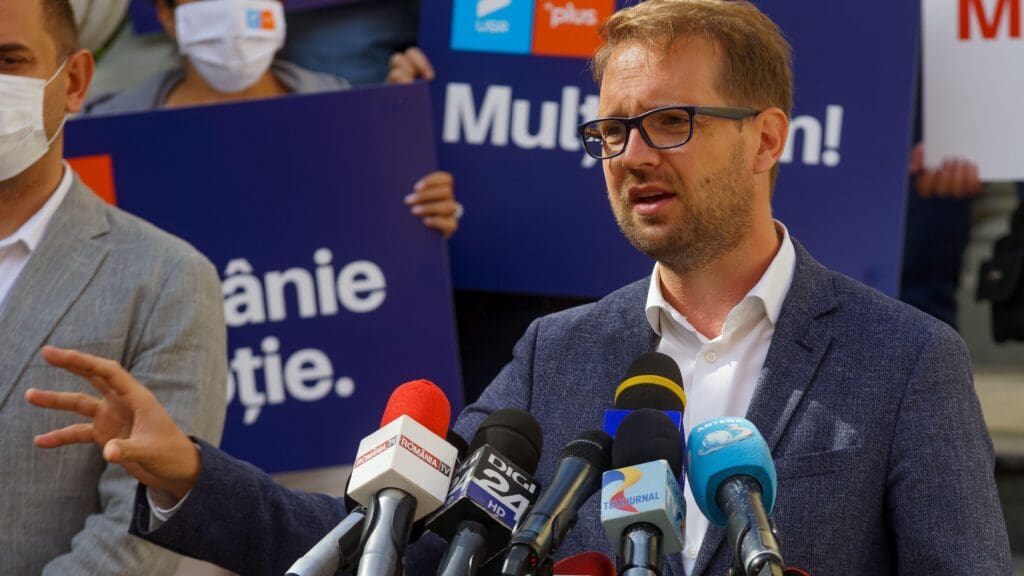
‘I think that there is a huge interest in Germany but also in other European countries for that rediscovery of European ideals in real life.’
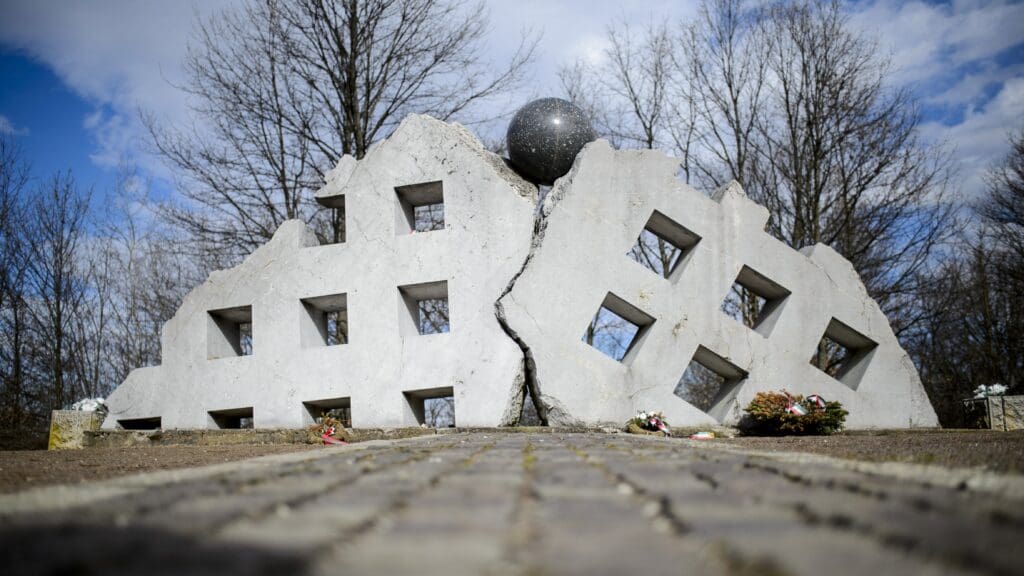
The abduction by the Soviets of Smallholder Party MP Béla Kovács marked the beginning of the consolidation of a Communist authoritarian regime in Hungary.
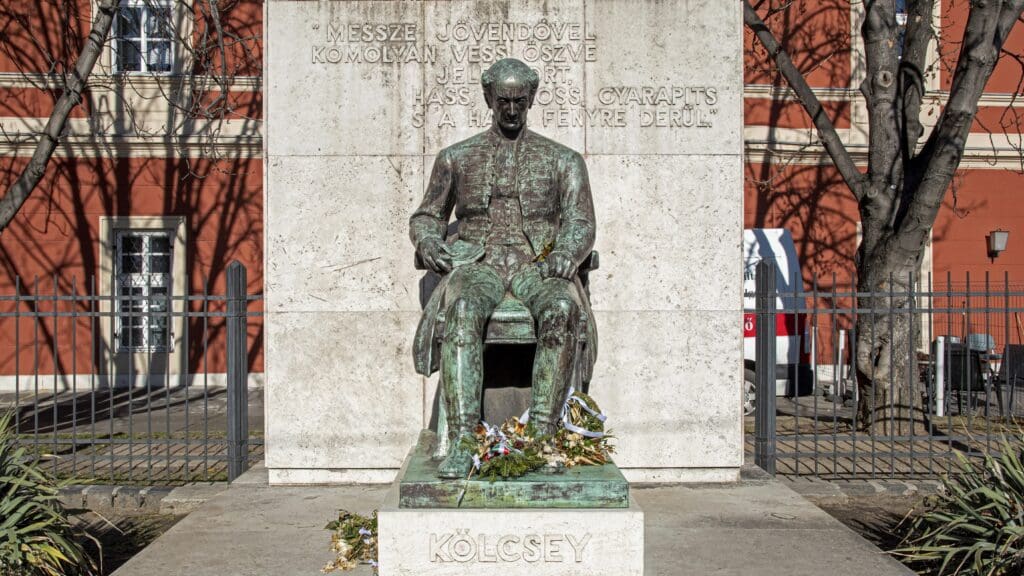
Hungary’s national anthem, the Hymn was written 200 years ago by Ferenc Kölcsey.
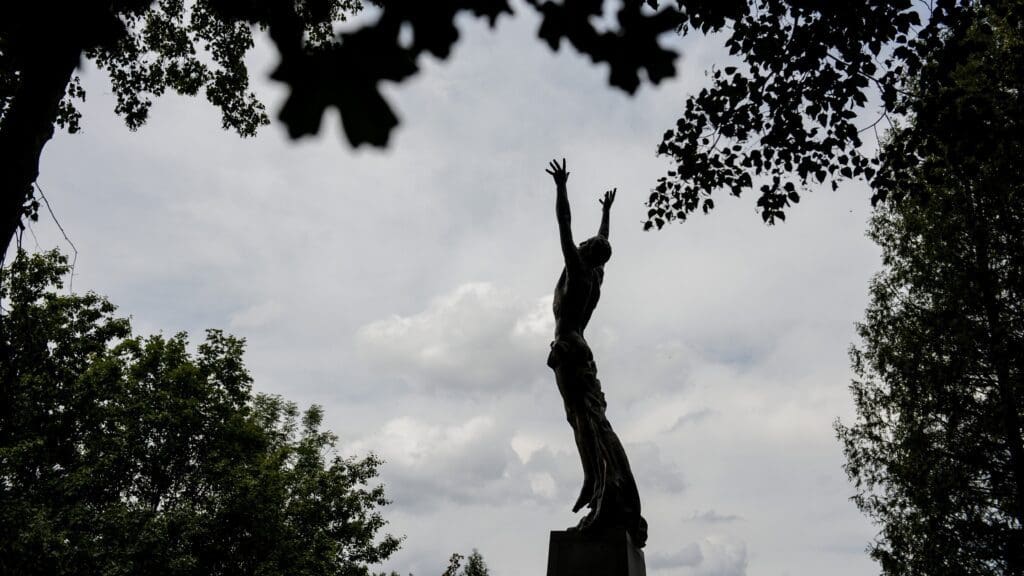
Hungary’s greatest philosophical poet Imre Madách, author of The Tragedy of Man, was born 200 years ago today.

It is not only British Conservatives, but members of the liberal opposition, too, who are alarmed by the move. Even Keir Starmer, the leader of the Labour Party came out in opposition to reducing the age limit for legally changing one’s gender.

Ancient Hungarian, protected breeds are raised at Hortobágy, including Racka sheep, Nonius horses and Hungarian Grey Steppe cattle.